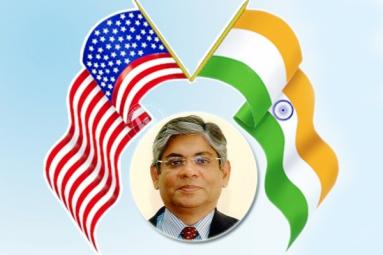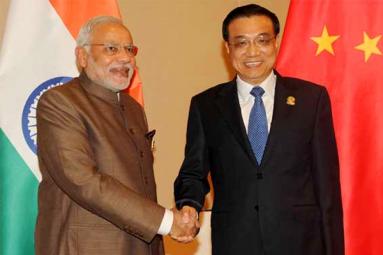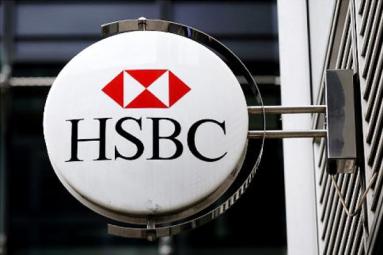Indian cities ranked far behind among world's most competitive cities
March 14, 2012 15:10
Indian cities ranked far behind. Mumbai ranked 70 among the competitiveness of 120 of the world’s major cities, while Delhi ranked 68, Bangalore ranked 79 and Ahmadabad ranked 92.
New York and London are the world's most competitive cities, revealed a study by the Economist Intelligence Unit commissioned by Citigroup. The competitive cities were rated in terms of their economic strength, physical capital, financial maturity, institutional effectiveness, social and cultural character, human capital, environment and natural hazards and global appeal. U.S. and European cities are the world’s most competitive today, in spite of concerns over ageing infrastructure and large budget deficits. New York ranked first and London second on the world’s most competitive cities, while, cities from the United States and Western Europe account for 24 of the top 30 cities. While there is much concern in the West about the impact of the financial crisis, which has slowed plans for urban renewal, this has not reduced the capacity of U.S. and European cities to attract businesses, capital, talent, and tourists.
Indian cities ranked far behind. Mumbai ranked 70 among the competitiveness of 120 of the world’s major cities, while Delhi ranked 68, Bangalore ranked 79 and Ahmadabad ranked 92. Singapore ranked third on the overall ranking, while Paris and Hong Kong shared the fourth position. Tokyo took the sixth position and Zurich took the seventh, followed by Washington on eighth. Chicago and Boston were on position nine and ten respectively.
The research suggested that given the rapid growth and development of many cities, particularly in emerging markets such as China and India, the competition between them for business, investment and talent will only get fiercer. Size alone does not determine a city’s growth potential, while some megacities, such as New York and Tokyo, are immensely influential; there are smaller ones, such as Hong Kong and Singapore that have established as globally competitive centers in recent years. For the time being, emerging market cities such as Ahmadabad and Tianjin are witnessing double-digit economic growth and have the potential to grow even faster. European and American cities lead the human capital category of the Index. This stems mainly from the quality of their educational systems and the entrepreneurial mindset of their citizens. But other factors strengthen their performance too, such as cultural activities and a generally good quality of life.
One of the most pressing challenges for emerging market cities in the decades ahead is whether they can focus their development not just on skyscrapers, rail links and other infrastructure, but also on the softer aspects that will be crucial to their ability to attract and develop tomorrow’s talent including quality of life, education, and personal freedoms, among other things.




















